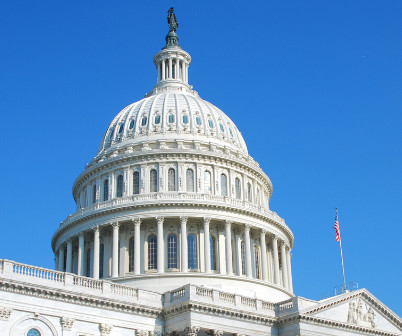The Mycoplasma Comeback: Why This Atypical Pneumonia is Back – A PEMCurrents Podcast
PEMBlog
MARCH 4, 2025
Studies supporting antibiotic treatment of documented mycoplasma pneumoniae in children are limited. We also don’t know whether administration of antibiotics decreases the incidence or severity of associated mucocutaneous disease. There was publication bias, heterogeneity, and lack of blinding. I can’t bear it.












Let's personalize your content